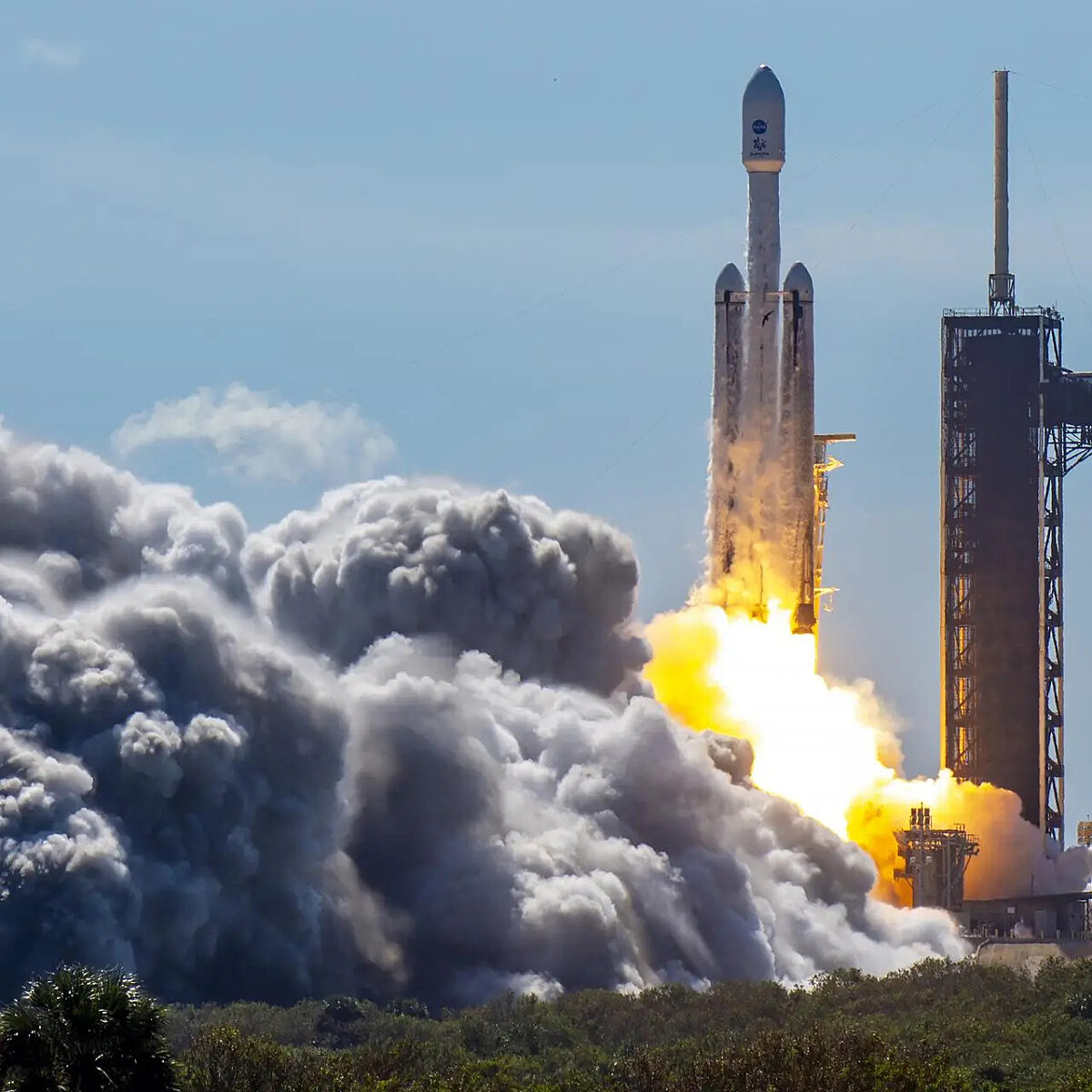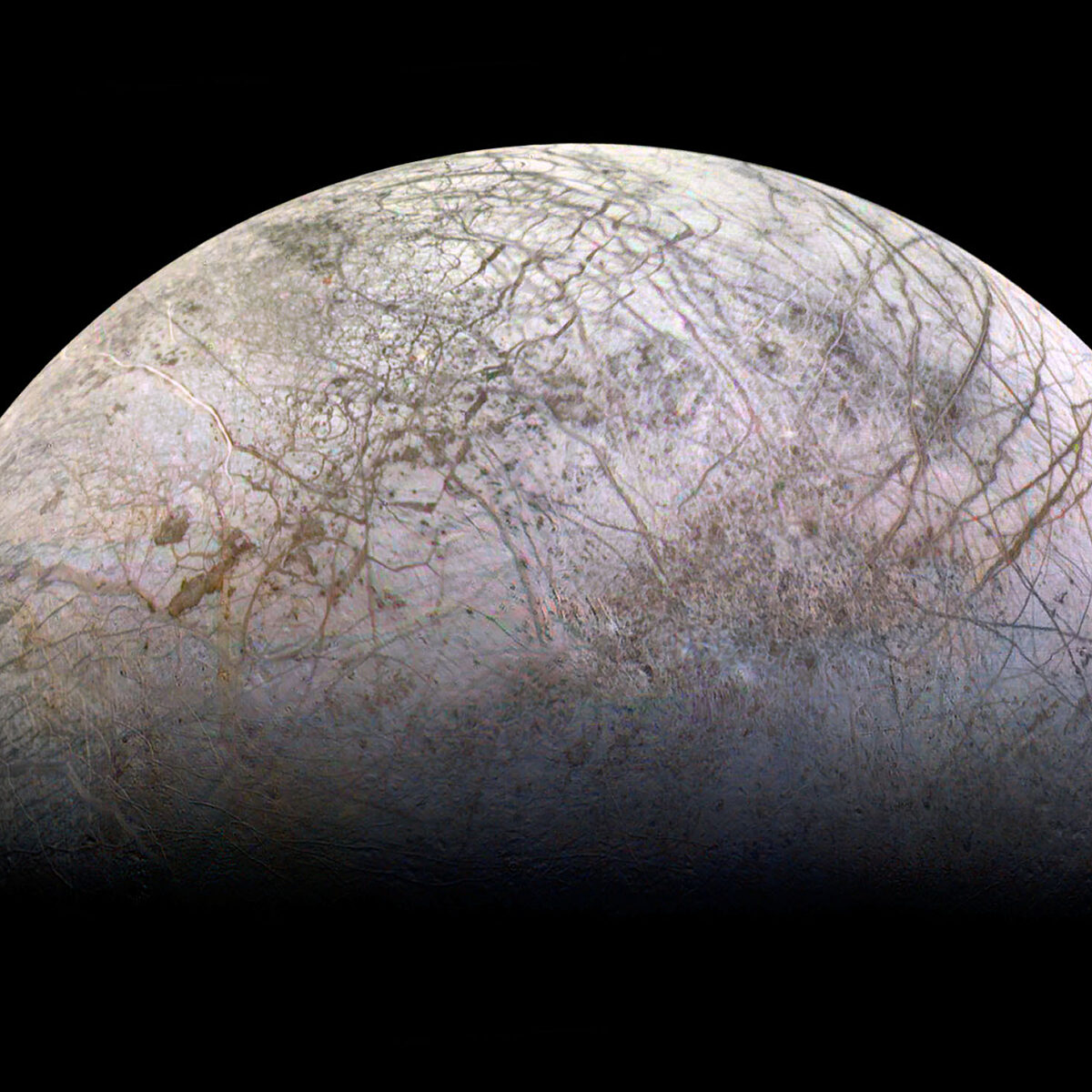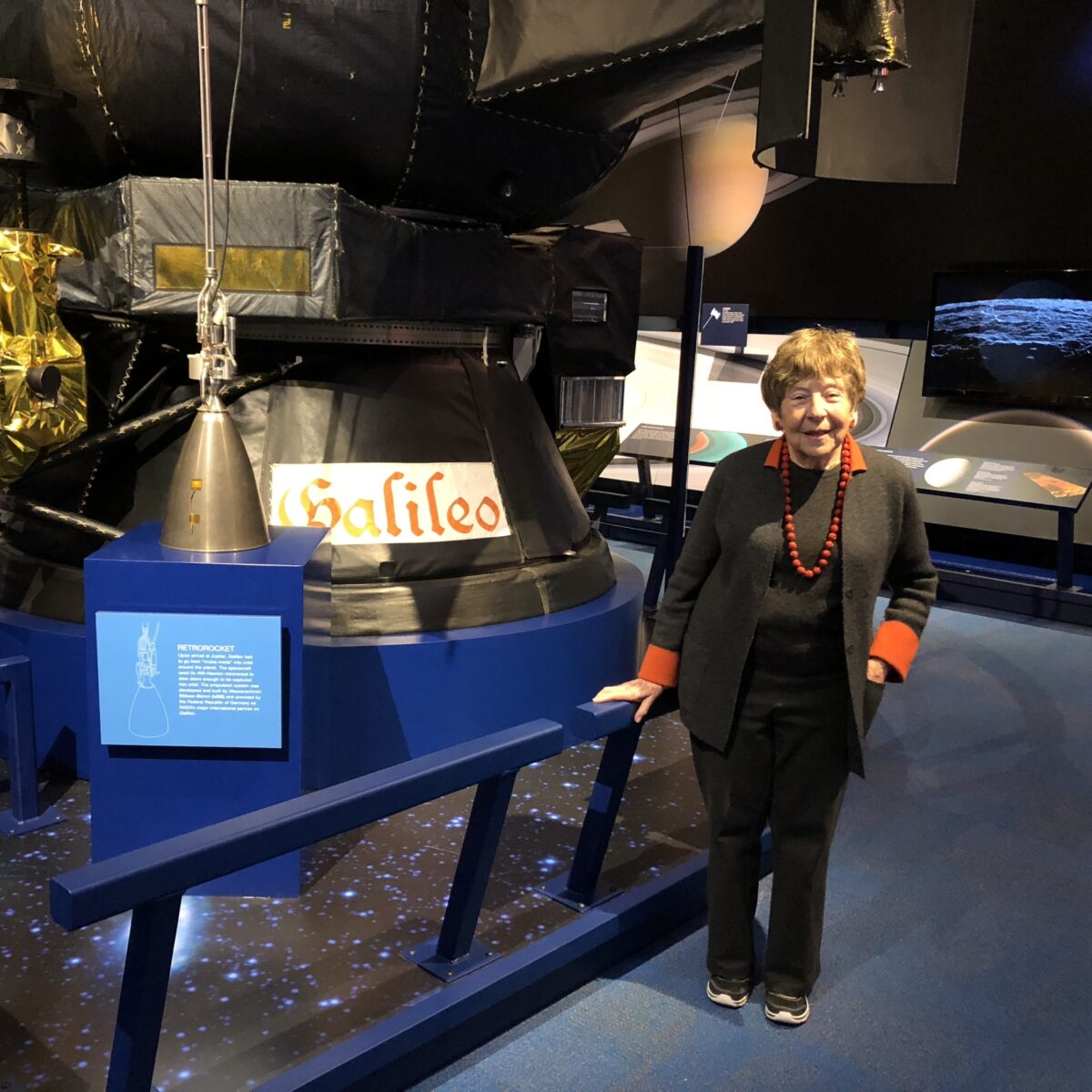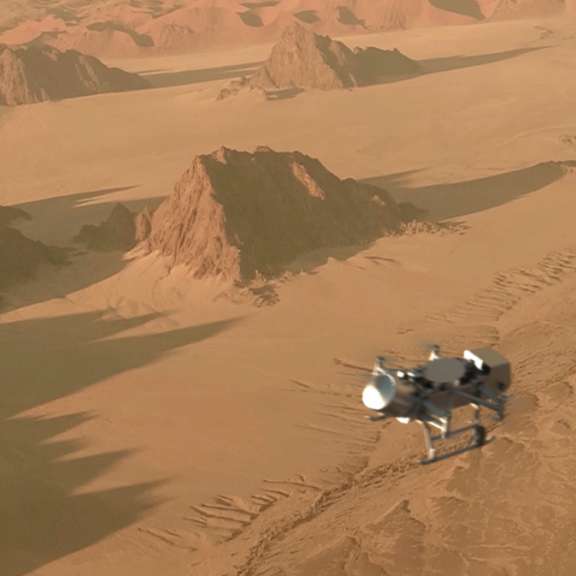Since 2002, Planetary Radio has visited with a scientist, engineer, project manager, advocate, or writer who provides a unique perspective on the quest for knowledge about our Solar System and beyond. The full show archive is available for free.
Search Planetary Radio
Bob Pappalardo, Europa Clipper project scientist, recounts the mission team's dramatic encounter with Hurricane Milton before their triumphant launch.
The Planetary Society and space advocates around the world fought to make Europa Clipper a reality. This week, we learn more about the tumultuous history of the mission with Casey Dreier, The Planetary Society’s chief of space policy.
With less than two months to go until the highly anticipated launch of NASA's Europa Clipper mission, we take a look back at over twenty years of Planetary Radio episodes about Jupiter's most intriguing moon.
Bob Pappalardo, Europa Clipper's project scientist, visits The Planetary Society headquarters in Pasadena, CA, to share the story of the mission's vault plate, humanity's next collection of messages to another world.
Kevin Trinh from Arizona State University joins Planetary Radio to discuss his research into Europa's formation history and the consequences for the moon's habitability.
Sarafina El-Badry Nance joins Planetary Radio to discuss her new book, Starstruck: A Memoir of Astrophysics and Finding Light in the Dark.
A fascinating conversation with a space science and policy leader who is still hard at work in her 10th decade.
Mission system manager Al Cangahuala says the robotic explorer of Jupiter’s ocean moon is making steady progress toward a 2024 launch.
Our look ahead at the near-future of solar system exploration continues with Mars, the giant outer worlds, and the smaller bodies that can be found throughout the neighborhood.
Astrobotic is one of several companies that are building small, robotic landers to take commercial payloads to the surface of the Moon. With a new contract from NASA to support his company’s work, CEO John Thornton looks forward to touching down in 2021. Senior editor Emily Lakdawalla can’t wait for the Europa Clipper to reach Europa, one of Jupiter’s ocean moons. Who doesn’t want more cow bell? Chief scientist Bruce Betts gets his share as he helps us explore the current night sky in What’s Up.
magine soaring over what may be the solar system’s most Earth-like world, if you ignore the chill. If funded, the nuclear electric-powered Dragonfly will do exactly this. Principal Investigator Elizabeth “Zibi” Turtle shares her enthusiasm.
A computer model based on our best data about Saturn’s cloud-shrouded moon says that torrential liquid methane pounds the surface far more frequently than previously expected. Sean Faulk and Jonathan Mitchell of UCLA explain.
Rod Pyle reveals bizarre yet fascinating space projects of the past in his new book. Pyle also exposes previously classified information about missions and spacecraft you thought you knew.
In our third episode, we debate the risks and rewards of tying the future of a Europa mission to the fate of NASA's massive Space Launch System rocket. Also, NASA just announced that the next Mars rover will cost $2.4 billion—$900 million more than initially thought. But the mission is not considered over budget. Why not? Lastly, the U.S. just generated 50 grams of Plutonium-238, the largest amount in nearly thirty years. We celebrate the successful effort to create this critically important, though highly toxic, power source for deep space spacecraft.
John Grunsfeld closes our coverage of the Space Foundation’s 32nd annual Space Symposium in Colorado Springs. We also meet the leaders of the New Generation Space Leaders Program.


 Explore Worlds
Explore Worlds Find Life
Find Life Defend Earth
Defend Earth
















